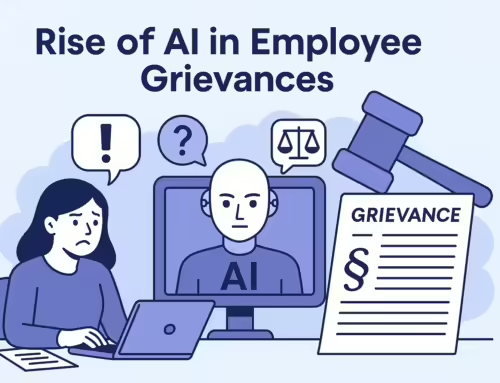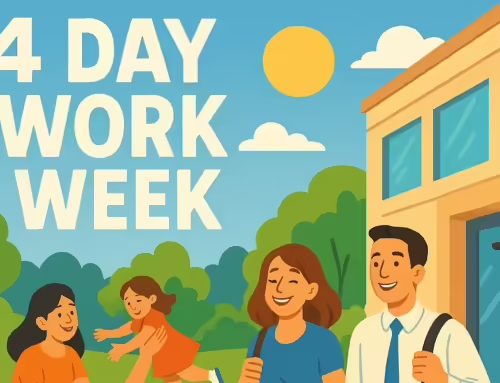Here is a brief guide to the use and law surrounding zero hours contracts which have been at the centre of political and social debate this year.
Zero hour contracts have grown in popularity due to their ability to give employees and employers flexibility in how and when they work. But the law surrounding their use has come under scrutiny and as with all agreements they need to be used with care.
What is a zero hours contract?
A zero hours contract normally suggests that an employer is under no obligation to offer work and an employee is under no obligation to accept it, if it is offered. The contract, and its terms only exist when both parties work together.
Can a worker work exclusively for me?
The simple answer is yes……for now, but the Government has consulted during 2014 to propose a ban under the soon to be introduced Small Business, Enterprise and Employment Bill that will ban exclusivity clauses that prevent an employee for working for someone else.
What is the status of a worker on a zero hours contract?
This sounds like a really simple question, but guess what, it can be a bit more complicated than that. Generally workers on zero hours contracts are classified as a worker (see this post for explanation of worker rights). But this status is open to interpretation, so if the employee works most weeks, over a long period, with fairly consistent hours, similar to others on permanent contracts then it could be argued that they are really an employee and as such entitled to the same rights as one.
Are zero hours workers entitled to holiday pay?
Yes, if they are classed as a worker or employee then they receive holiday pay from day one of their work with any employer. They may be entitled to more tights such as maternity and paternity leave/pay depending on if they are classed as worker or employer (see above link). In terms of holiday pay, if the working relationship is continuous then the worker would arrange holidays like another employee. If the work is sporadic then the worker can receive an allowance on top of their existing wage to compensate them for holidays (normally 12.07% of hours worked over the period of a year).
Do zero hour contracts provide continuous employment?
This will depend on the nature of the agreement, but generally speaking if the work is not irregular then the employee would gain continuous employment rights and be entitled to receive any unused holiday leave at the end of the agreement. Where the relationship only exists when work is undertaken and can be seen as being truly casual then a there would need to be a break of one week from Sunday to Sunday to bring about break in employment.
Do zero hours workers need a contract?
All workers, irrespective of their employment status should have a contract of employment and this includes those zero hours. The contract would set out the rules for offering and refusing work, their rights as workers and how matters such as ending the agreement would be handled. If you need a template zero hours contract, get in touch.
Are zero hours workers entitled to notice pay?
If the worker is classed as an employee then minimum statutory notice periods and pay in lieu of notice applies. If the person is classed as a worker then they are not entitled to receive statutory notice pay when the agreement ends, but an employer can still include this in their agreement if they want to.




